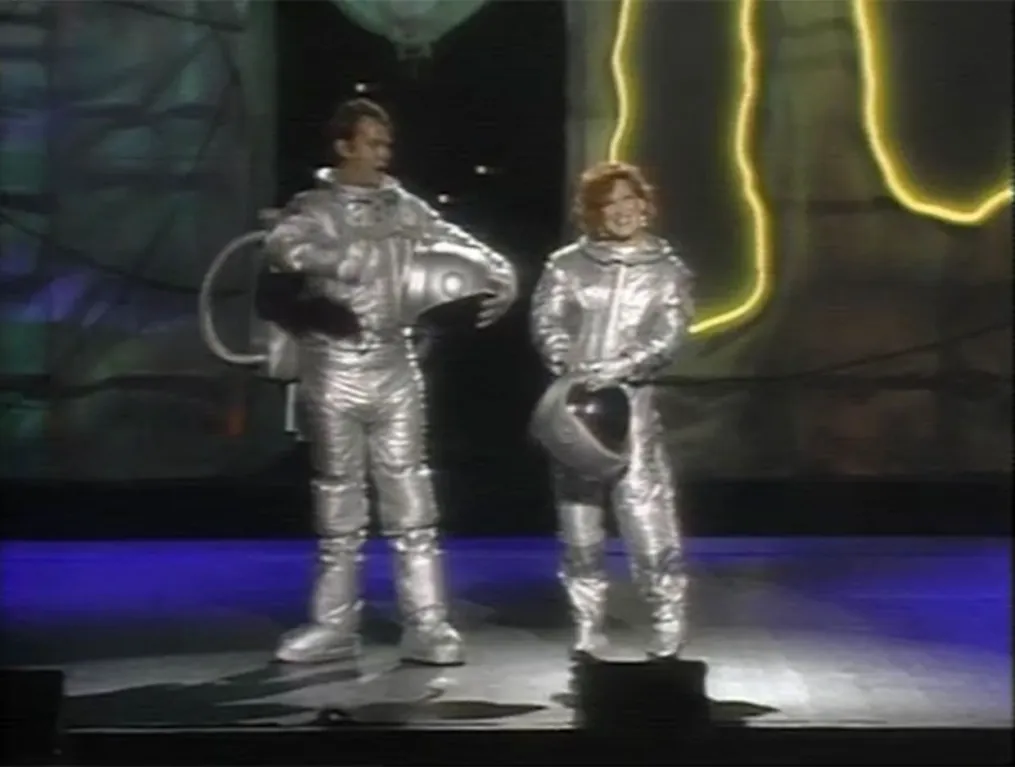The Frisky
More Than 150 Artists Are Demanding Copyright Reforms For Sites Like YouTube
Liz Magee | June 22, 2016 – 2:26 pm
As we are well aware, laws should adapt and change with the times. In the age of YouTube, there have been a number of lawsuits and discrepancies regarding copyright protections and distribution of funds for artists, especially when it comes to the music industry. More than 150 of your favorite recording artists recently signed a petition to reform the Digital Millennium Copyright Act (DMCA), which would change the structure of sites like YouTube as we know them. Some of the signees include Katy Perry, Bette Midler, Billy Joel, Lady Gaga, Jennifer Hudson, and Pharrell, to name a few.
A statement issued by the Recording Industry Association of America in March announced that hundreds of artists, songwriters, and others in the music industry are calling on politicians in Washington to reform DMCA. The statement said: “Artists spanning a variety of genres and generations are submitting comments to the federal government’s U.S. Copyright Office today and tomorrow demanding reforms to the antiquated DMCA which forces creators to police the entire Internet for instances of theft, placing an undue burden on these artists and unfairly favoring technology companies and rogue pirate sites.”
To clarify, DMCA isn’t a brand new concept. The first installment of the act was passed back when the other Clinton occupied the White House in 1998 in order to update copyright laws for the internet.
However, these artists think it’s really outdated. Essentially, DMCA currently forces copyright holders, like record labels, to file takedown notices whens sites like YouTube and SoundCloud stream their music. So, instead of negotiating with a site to sell the rights for a song, labels are stuck in a spiral of trying to sell music that a site already has. The petition calls for changes to the notice-and-takedown process that would make it more difficult for sites to continue posting artists’ material without paying them. Basically, these artists are tired of unaffiliated companies making oodles of money off their products, while they aren’t being properly credited or paid.
With cellphones, we carry every asshole’s number we’ve ever met in our pockets. Because of sites like YouTube, we also carry every song with us in our pockets, so why purchase any music when we can get it online for free? These artists and companies don’t want it to be so easy to listen to Lady Gaga’s most recent track.
Here is a visual of exactly what these artists are demanding, along with the many, many signatures. This list would be one hell of a music festival line up.
You might be thinking these people are rich and famous and therefore don’t really need even more money. However, reforming this act would help protect future artists and those in the earlier phases of their career from getting ripped-off early on. As their success grows, so should their bank accounts.
The internet helps artists in some cases, making content more sharable and accessible, but it often does more harm than good. Let’s hope this petition is the first of many successes when it comes to fighting for artists’ integrity and income.













Although I’ve read there is a greater disparity in what the songwriter receives (a pittance) compared to the recording artist, I did some quick math to find out how bad it really is.
Sites like Spotify and Pandora pay the composer/songwriter (roughly) 3/1,000th of a penny every time a song is played. Airplay on AM/FM (which, granted, reaches a larger audience than a possible single play from streaming) pays close to $.15 per song.
Obviously, getting radio airplay is still the most lucrative for the artist, even though the $.15 is shared/diluted among thousands of listeners.
To put it in perspective, though, if anyone out there is old enough to remember the jukebox, a person would have to pay anywhere from 5 cents to 25 cents just to hear one song. That’s one person, one song–25 cents. And that was probably, what, 50 years ago?? I don’t know if the artist received any of that money, but it demonstrates what people were willing to pay to hear a song once.
I pay about $90 a month to receive about 150 television channels, and if you subscribe to Sirius/XM radio, you’re paying $19.95 a month just to listen to music, commercial free.
There has to be a better model for the recording artist and songwriter to stop getting ripped off by the streaming sites, including YouTube, which seem to lack any accountability for royalty payments to the artists.
I hope we can find a solution that rewards the artists for their contributions. You and I don’t work for free–neither should they.
As for Bette, I have purchased all of her CD’s. I don’t know if that’s considered “enough”, but at least it’s better than downloading them for free from a streaming site, which can probably be done by anyone with a computer, laptop, or cellphone.
I agree. I don’t know how musicians are making it today unless they make it really big. It’s ridiculous.